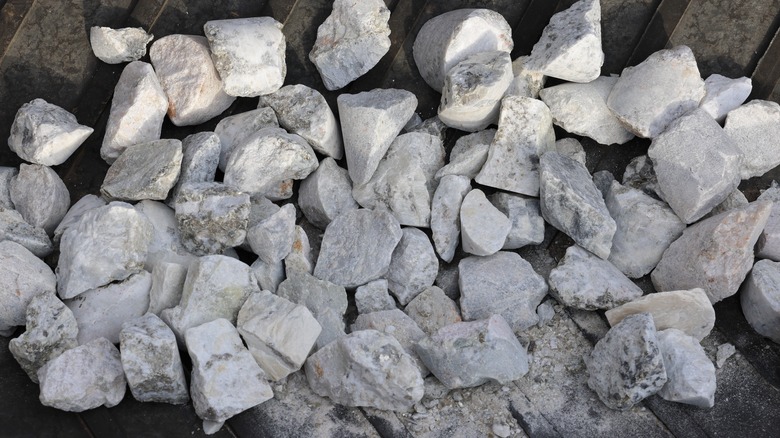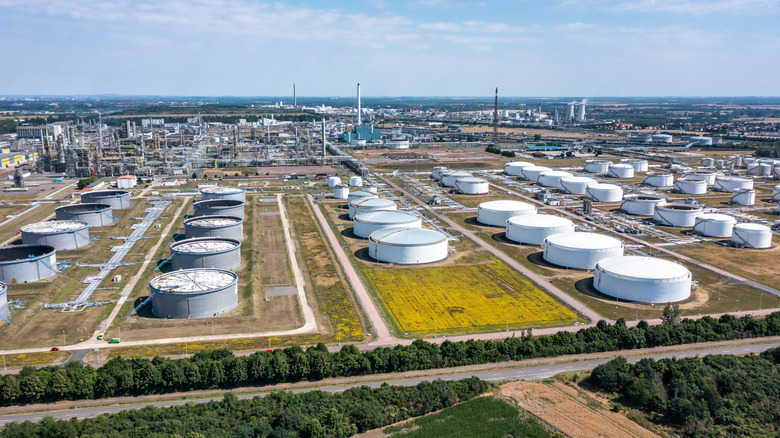This Is One Of World's Largest Lithium Deposits, And It Could Reshape The Future Of EVs
Germany, the land of precision engineering and home to some of the greatest automakers, has just made a groundbreaking discovery of a huge lithium carbonate deposit. Located in Anhalt, Saxony, the deposit has an estimated 43 million tons of lithium ore, making it one of the largest lithium deposits in the world. The discovery was made by Neptune Energy, a UK-based oil and gas company, in a region previously used for natural gas extraction. A similar lithium discovery of 5.9 million tons was made in India a few years back. To put that into perspective, the German deposit is roughly 7 times compared to the Indian one.
Neptune Energy's CEO Andreas Scheck said, "This new assessment underscores the great potential of our license areas in Saxony-Anhalt. This enables us to contribute significantly to the German and European supply market for the critical raw material lithium."
The company also stated that they are looking into the direct extraction method for lithium. Traditionally, lithium is extracted by crushing and mining huge quantities of rock or evaporating brine water; both methods can cause significant air and water pollution and take months to complete. However, the more expensive Direct Lithium Extraction (DLE) method is more efficient and doesn't require large water ponds. It is also considered more environmentally friendly, leaving a much smaller carbon footprint. Using brine water, Neptune Energy completed its second pilot project using DLE with partner Lilac in August 2025. Furthermore, an absorption-based process is currently being tested.
Germany's Lithium Find Could Reshape EVs
Chile, Argentina, and Bolivia, also known as the Lithium Triangle, collectively hold an estimated 98 million tons of lithium, the largest in the world. Currently, German car manufacturers rely on lithium sourced from the lithium triangle, Australia, and China. However, before reaching these automakers, the lithium is processed in China, giving China massive leverage. On average, a German automaker has to pay about twice as much for a battery as its Chinese competitors That being said, it is not the only German Lithium deposit. The country found a huge rare earth deposit near the Rhine River a few years back.
This could potentially be game-changing, as Germany's own processing technology and lithium resources will not only make batteries cheaper but also reduce China's leverage over its auto industry. However, lithium mining and processing are costly and could require substantial domestic and foreign investment. The EU could help, as it aims to reduce reliance on China for critical materials used in cars.
The lithium discovery could place Europe at the centre of the global electric vehicle supply chain. However, given Europe's high labour costs, it is uncertain whether it will be financially viable to process the lithium domestically or if it will be shipped to China for processing, leaving Europe as just a raw material supplier.

